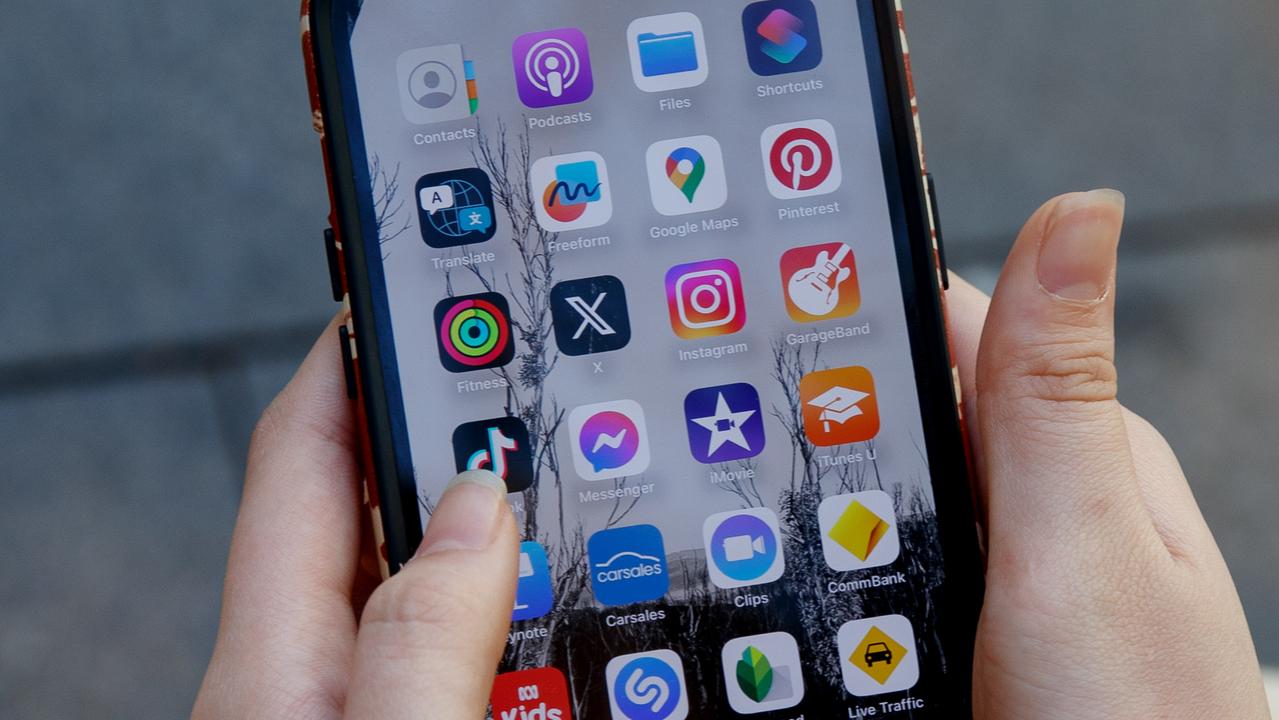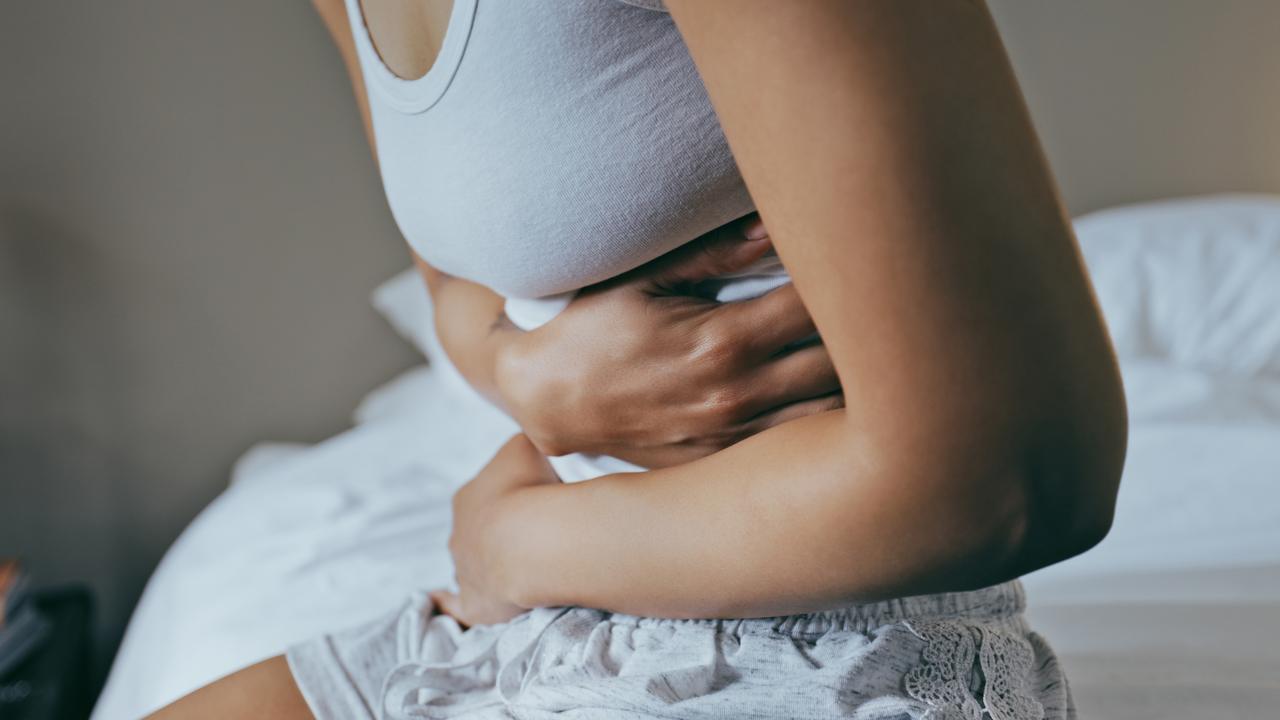‘How do I stop my guts from hurting - and fast?’
It happens to everyone but this toilet problem can be avoided in a few steps, says Dr Zac Turner.
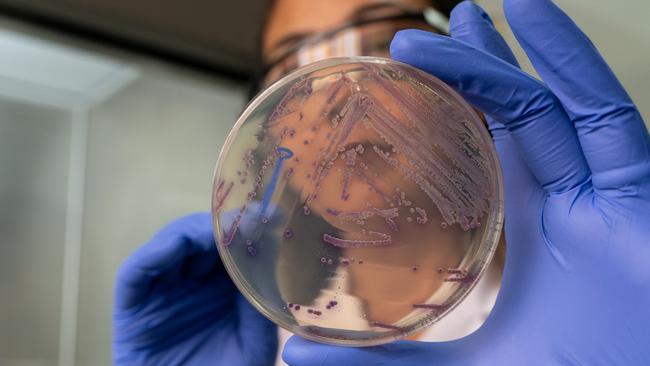
Health
Don't miss out on the headlines from Health. Followed categories will be added to My News.
Welcome to Ask Doctor Zac, a weekly column from news.com.au. This week, Dr Zac Turner helps someone with food poisoning.
QUESTION: Hi Dr Zac, Ergh – my guts hate me today! I have so many questions – like, what is the quickest way to get over food poisoning? What are the obvious signs my food might be off or still good to eat? And why is it I can often eat food that is a bit on the turn and I am completely fine but other times I get food poisoning from food that tastes completely fine? – Danny, Hobart
ANSWER: My advice for food poisoning is the same for breakups: time heals all wounds. Unfortunately if you get stung with a case of food poisoning, you need to wait it out and keep your fluids up. Just like a broken heart, your stomach will forgive you eventually and return to normal.
I need to preface that you seek urgent medical attention if you are very dehydrated, faint, or find blood in your vomit or diarrhoea. Also, if you know someone vulnerable who has eaten the same thing, such as a child or elderly person, then definitely head to emergency earlier rather than later. Intravenous fluids are a lot easier to assist with recovery before the patient becomes dehydrated.
Just about everyone in the world will experience food poisoning at some point in their life. It’s pretty awful and usually consists of symptoms such as vomiting, diarrhoea, fever, nausea and abdominal cramps.
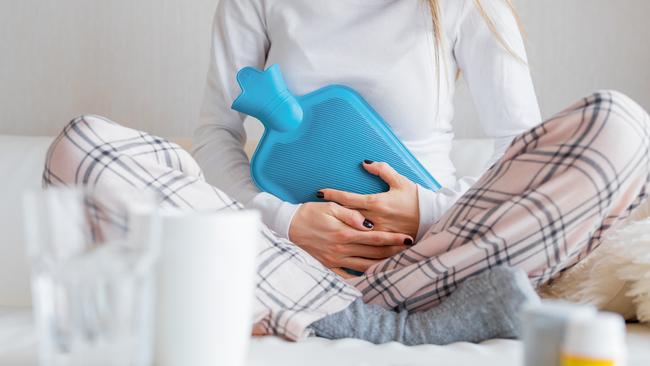
What causes food poisoning?
No, it isn’t Satan himself. It’s actually caused by bacteria and viruses in the food we eat. It can also be caused by toxins produced by bacteria such as Staphylococcus aureus.
The common pathogens in Australia that cause food poisoning are known as the fatal five:
• Norovirus, commonly found in oysters, fruits and vegetables
• Salmonella, commonly found in eggs, meat and dairy products
• Clostridium perfringens, found in meat and poultry
• Campylobacter, found in undercooked meat and contaminated water
• Staphylococcus, found in animal products such as cream, eggs and milk
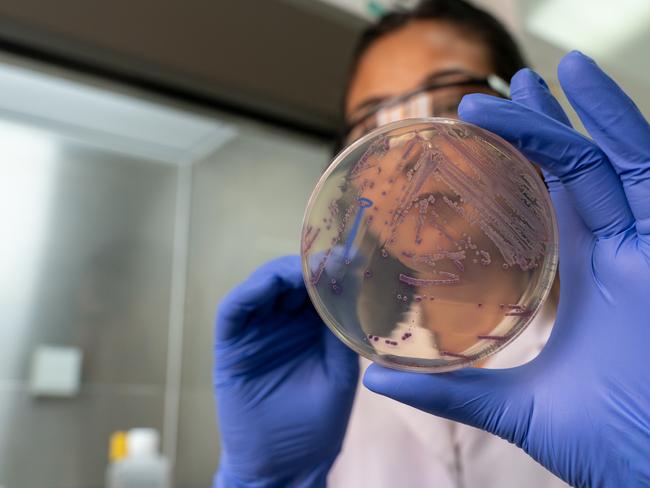
There a several reasons you might sometimes eat food that’s slightly off without getting sick, while other times seemingly good-tasting food leads to food poisoning.
Some contaminants may be present in food without causing noticeable changes in taste, smell or appearance. Pathogens like Salmonella, E. coli, or listeria, for example, can be present in food even if it looks and tastes normal.
The number of harmful microorganisms present in the food matters. It’s referred to as bacterial load. A higher bacterial load increases the risk of illness. Even if there is a small amount of contamination, if the food has a low bacterial load, it may not cause immediate symptoms.
Proper food handling, storage and cooking practices can reduce the risk of contamination. If food is stored or prepared incorrectly, harmful microorganisms may multiply, increasing the likelihood of illness.
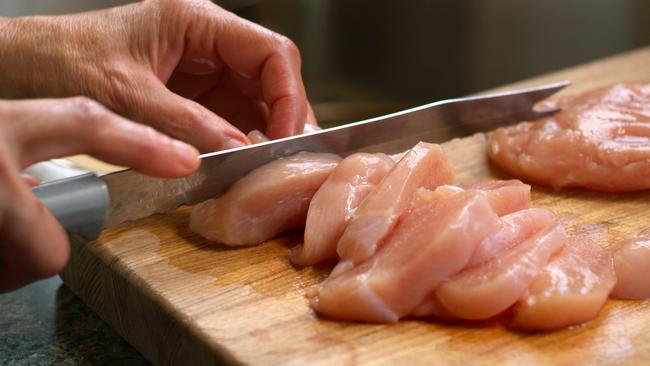
Some people may also have a higher tolerance to certain contaminants than others.
If you want to determine if your food will make you sick or not consider time, smell, touch, sight and vibe.
How long has the food been sitting in your pantry or fridge? If it’s cooked meat or dairy, you don’t want to eat it if it’s been a few days.
What does the food smell like? Does it smell awful, funny or just simply wrong? If you tick any of those boxes, do not eat it.
What does it feel like? Has it become slimy all of a sudden? Has the texture suddenly changed?
What does it look like? Has it changed colour, or begun to grow mould? Is it curdling?
Lastly, do a vibe check. Does it feel right to eat five-day old chicken? If not, throw it in the bin.
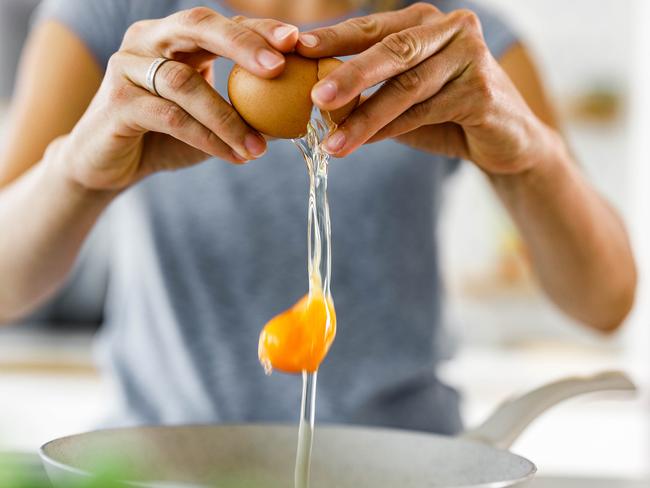
Oh, and it doesn’t hurt to check the packaging for its expiry/best before date.
As I said before, you need to rest and wait for your food poisoning to get better. You need to drink plenty of fluids, such as water, electrolyte drinks, or oral rehydration solutions, to replace fluids lost through vomiting and diarrhoea.
Gradually reintroduce bland and easy-to-digest foods, such as rice, bananas, apple sauce, and toast (BRAT diet). Avoid spicy, greasy, or heavy foods initially. Stay away from dairy products, caffeine, alcohol, and fatty or spicy foods until you have fully recovered.
All the best Danny!
Got a question? Email askdrzac@conciergedoctors.com.au
Dr Zac Turner has a Bachelor of Medicine and Bachelor of Surgery from the University of Sydney. He is both a medical practitioner and a co-owner of telehealth service, Concierge Doctors. He was also a registered nurse and is a qualified and experienced biomedical scientist along with being a PhD Candidate in Biomedical Engineering.
Originally published as ‘How do I stop my guts from hurting - and fast?’




